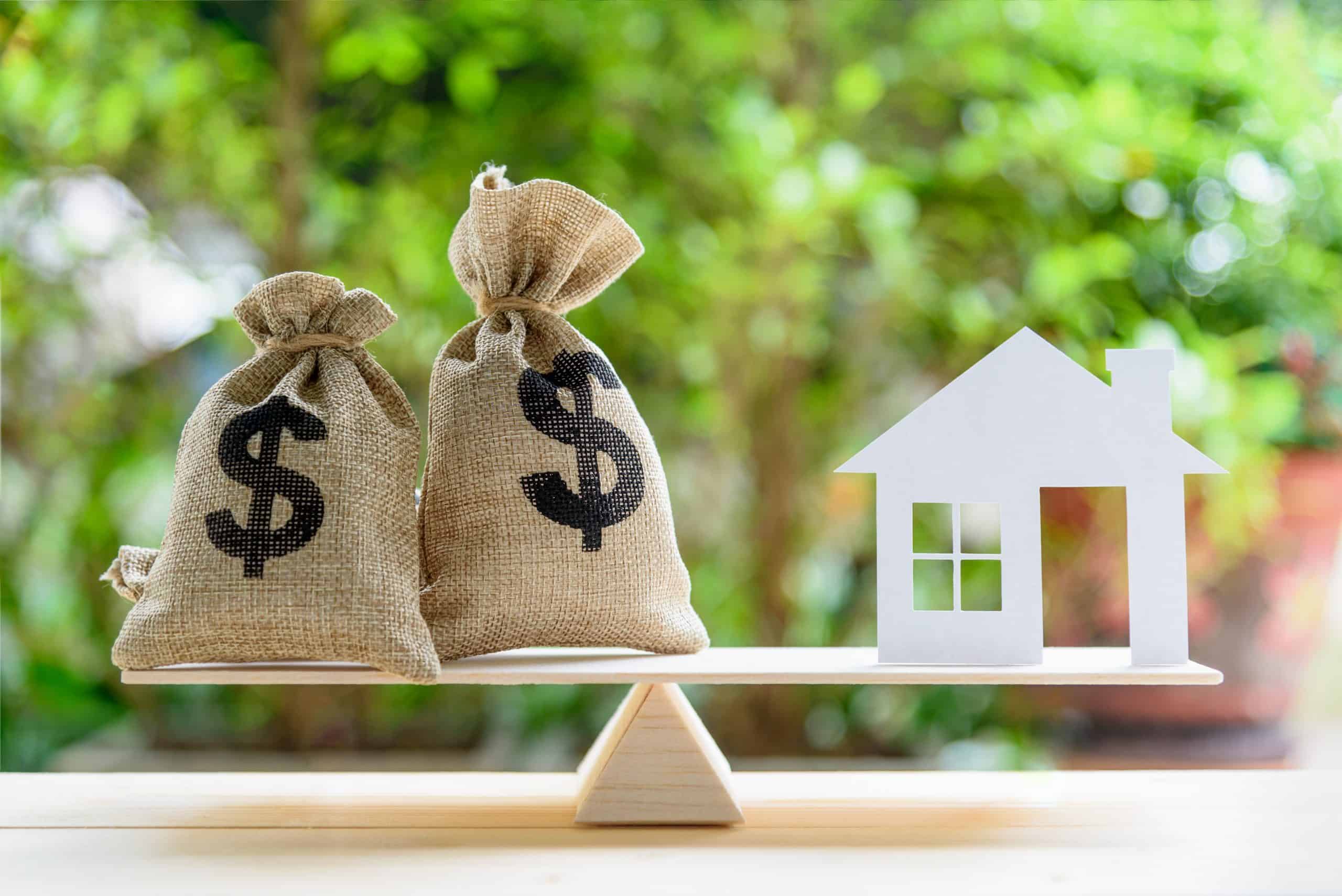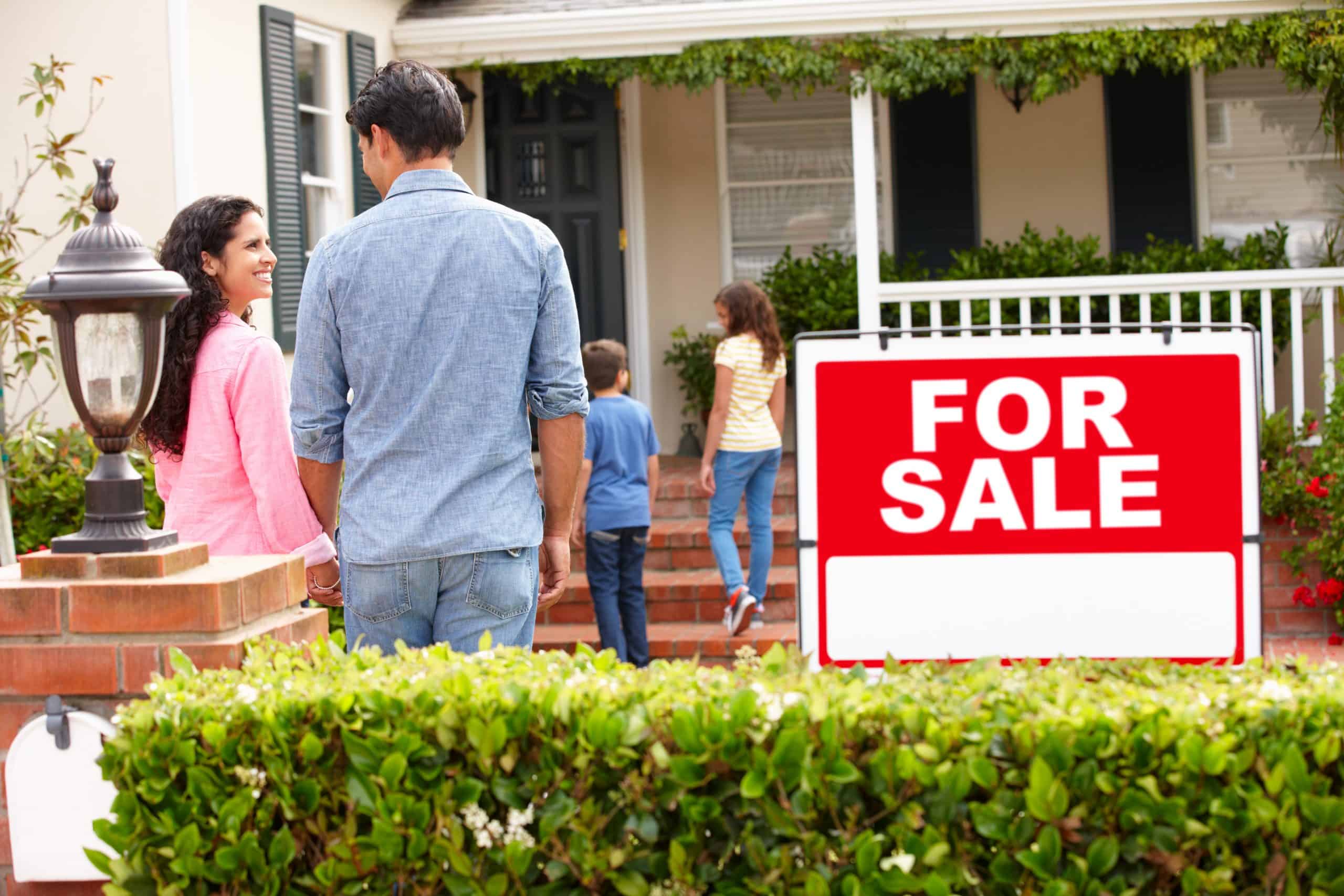There are reasons why people sell their homes while the mortgage is still active. They will live in it for an average of 14 years before deciding to sell despite knowing that their home has a 30-year term. Commonly, homeowners are taking the chance despite knowing they have 16 more years to pay off what they owe. But if you are someone looking to unload your property with an attached mortgage agreement, here are some things you should know.
- What Happens To Your Mortgage?
When you’re successful in selling the house, you will have enough money or equity to pay off the mortgage balance. Along with that, the proceeds from the sale can help pay off the closing costs, and you will still have profit left over. But you may want to sell your home sooner after purchasing it. In that case, you may want to meet with your lender to inquire if penalties apply when you want to sell your home that early. If you need some guidance on how to sell your mortgaged property, read more here.
In addition, if the proceeds from the sale are not enough to cover the outstanding balance and other fees, you still have to pay the difference from other sources of funds. Nowadays, property values are rising, and it’s unusual for sellers to owe more than the worth of their property. A seller could come underwater if there are delays in mortgage payments. It’s also a red flag if they decide to sell before the house gains enough equity or a market downturn when the owner decides to sell.
- Is It Possible To Secure A New Mortgage With A Current One?
You may wonder if you can still hunt for a new home even though the old one is still on the market. Remember that lenders will look into your current financial status to get a mortgage. It won’t be easy to get a better rate, although possible. An unsold home is a liability to the lenders. They are less likely to grant you the terms in your favor unless someone buys your previous property or becomes under contract before applying for a new mortgage.
Some real estate companies offering lending solutions would provide buyers with some assistance in securing a fully underwritten loan. They might also offer aid with a down payment to put down an offer for the desired home. Through this financial assistance, the buyer can move in and pay only the mortgage for the new house. Clients can also get up to USD$25,000 to make renovations or stage the old home.
- How Long To Wait Before Selling A New House?
No law hinders owners from selling a home that they just bought. They can sell anytime they want to, but it’s more beneficial to know when is the right time to put the house on the market. Ideally, it’s best to wait until the property has enough equity so, you can get a profit from the sale or break even.
You will need to know what other fees to cover aside from the mortgage balance and closing costs. You will likely pay capital gains tax when you decide to sell the house in under two years to profit. Make sure to make the proper calculations to have more left after paying fees.
- What If The House Sold For Less Than What You Owe?
It can happen that your home won’t sell right away at the price you want. To avoid waiting too long, you can agree to sell to a buyer who offers a lower amount for the house. It becomes a short sale if the price is lower than your mortgage balance. You’ll need to settle it with your lender to accept the loss.
A short sale process is different from a traditional one where you have built enough equity in the home and sold it for profit to cover the mortgage costs. Your lender has to give you approval first to sell the house. If you’re trying to buy and sell a property simultaneously, it’s better to sell first to receive the payout you will use for the down payment for your new house.
If you choose to buy first, it’ll be more difficult if you don’t have enough funding for the down payment and you’ll be pressured to choose other financing options. You can get a short-term bridge loan, use a home sale contingency, or carry two mortgages, which is the least favorable.
In Conclusion
You can sell your home even if the mortgage is not fully paid yet. The sale will cover the mortgage balance and other costs involved. But it’s also vital to be aware of options if your house sells for lower than what you owe to the lender. In this case, it’s essential to discuss it with your lender to make better decisions that you won’t regret.

